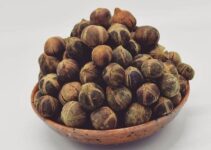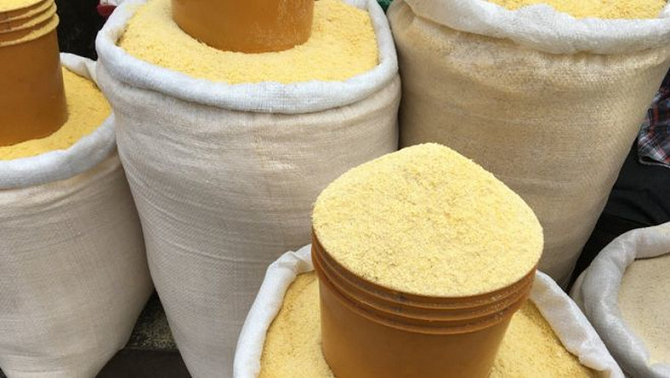Whenever cough, cold, or catarrh starts to make you uncomfortable, the first thought that usually comes to your mind is to rush down to the chemist’s shop to get some medications. Of course, drugs are sometimes very effective in combating these symptoms.
But do you know that you can as well relieve these symptoms just by making some changes to your diet? Well, that’s the truth. Here, we will discuss what foods to eat and what foods to avoid whenever you have a cough, cold, or catarrh.
To start with, let us discuss the foods (and other things) to avoid.

Whenever you have cold, cough, or catarrh, avoid any food or fruit that you are sensitive to. For example, some people are sensitive to grains such as wheat, maize, etc. and preparations made from them (garri, etc). Others are sensitive to milk and other dairy products. Taking such foods can worsen your condition because they can trigger inflammatory reactions. Also, avoid foods containing hot spices, such as pepper soup.
High protein foods, such as eggs and milk, should also be avoided or reduced because such foods increase mucus production, which can further congest your airways.
In addition, avoid exposure to dust, smoke, and other air pollutants because all these are known to aggravate cough, cold, and catarrh due to their irritant effects on the respiratory linings. You must also avoid taking alcoholic drinks—regardless of the percentage of alcohol content.
Now, let us discuss the foods (and related things) that help fight cold, cough, and catarrh.
Because vitamin C has been proven to be effective in reducing the severity of cold and catarrh, it is high recommended that you increase your intake of foods rich in vitamin C. Examples include most juicy fruits—pineapples, oranges, mangoes, tomatoes, grapes, lemon, lime, watermelons, apples, and so on. Beef, oyster, and chicken liver are animal sources of vitamin C. However, lime and lemon have been found to provide exceptionally quick relief from these symptoms.
Certain spices can also help you fight away cold, cough, or catarrh because they are natural decongestants. Examples include onion, garlic, and ginger. So, when you are down with these symptoms, simply increase the amount of these spices that you add to your food, and you will be fine.
Taking a teaspoonful of honey three times a day can also relieve cold, cough, and catarrh. And to make it even more effective, mix it with lime or lemon juice. This combination clears the respiratory tract, relieves chest pain, sore throat and irritation, and fights microbes that sometimes cause these symptoms.
If you feel a painful swelling or irritation in your throat, add one teaspoonful of salt into half a liter of water, gargle for about 20 seconds, and then spit it out (do not swallow). This preparation will help kill any bacteria that might be causing the symptoms because salt has anti-bacterial properties. In addition, because water will move from the cells in your mucous membranes into the salt solution, the preparation will help relieve swelling and pain as well as decongest your airways.
Drinking lots of water also helps to relieve cough, cold, and catarrh because water helps thin out mucus and loosen phlegm, thereby making you feel more comfortable.
On a final note, please bear in mind that most of the foods, fruits, and other edibles recommended in this post will provide relief from cough, cold, and catarrh, but not the underlying cause in many cases. So, if any of these symptoms persist for more than five days even after implementing the recommended dietary measures, consult a doctor immediately.


